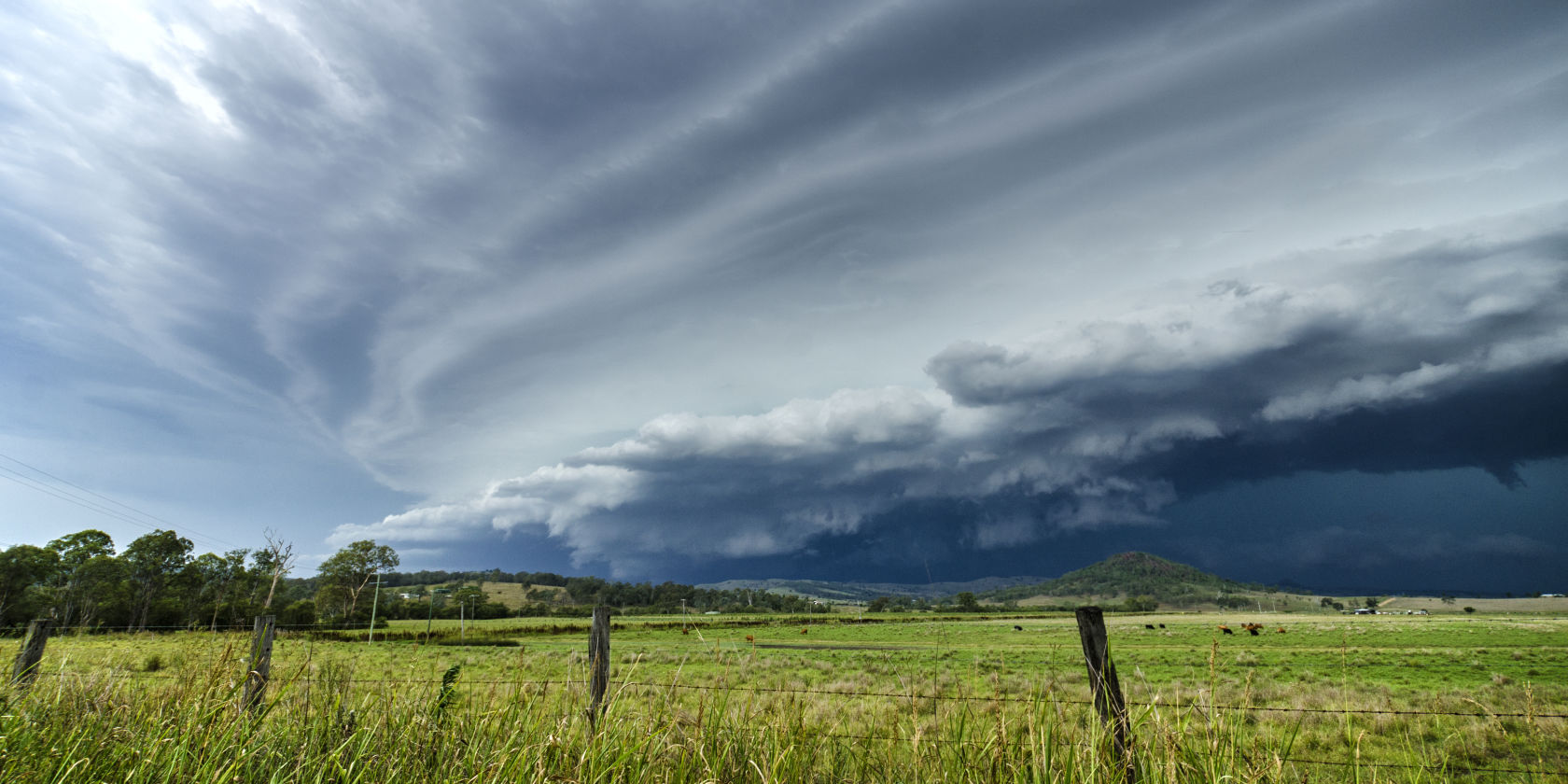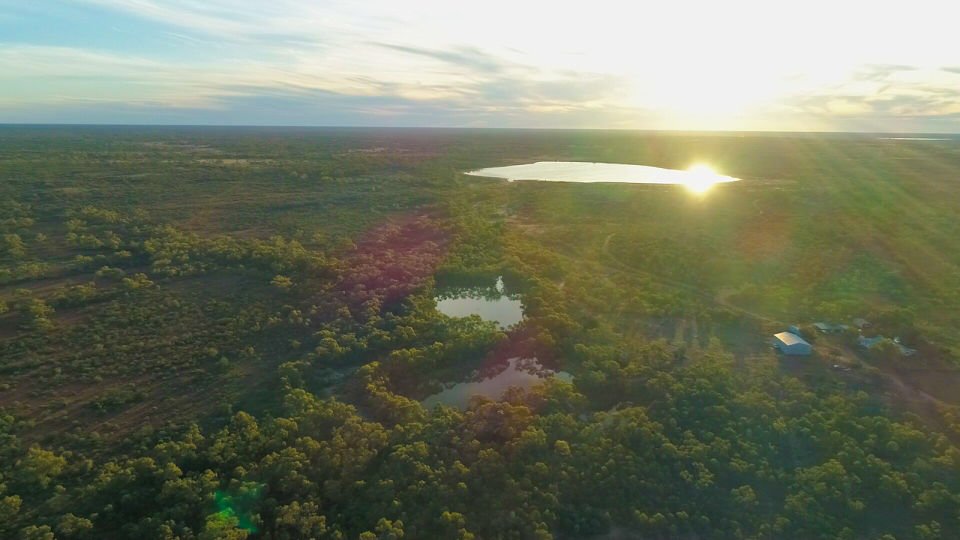
Suncorp conducts business in a way that protects and sustains the environment. We are continuing to reduce our environmental impact and be transparent about our environmental performance.
Our approach to climate change is linked to our purpose of building futures and protecting what matters, which has been underpinned by our Climate Change Action Plan (CCAP) since 2018. Over that time, climate change and natural hazard resilience have consistently been among our top environmental, social and governance (ESG) material topics.
Suncorp continues to integrate climate change considerations into governance, risk management and strategy processes in line with the Financial Stability Board’s Task Force on Climate-related Financial Disclosures (TCFD) framework. We are committed to reducing our GHG emissions, preparing for the physical impacts of climate change and supporting the transition to an economy that achieves net-zero emissions by 2050.
#Climate Change Action Plan
We continue to deliver against our CCAP through managing climate-related risks and opportunities across the business, while proactively reducing our own environmental footprint. The CCAP details how we intend to further embed our response to climate risk and opportunities across our business, and how we will support our people, business and customers to adapt to the latest developments in climate policy and intelligence both globally and domestically.
#Advocating for natural hazard resilience
Suncorp recognises the need to build more resilient communities in response to climate impacts and a growing population in disaster-exposed regions.
Suncorp’s natural hazard resilience efforts combine innovative research and insights with initiatives that raise awareness of disaster preparedness in the broader community, as well as market-leading product solutions to recognise our customers’ investment in increasing the resilience of their homes.
Suncorp advocates for an industry‑wide approach to addressing insurance affordability and natural perils risk mitigation through the Hazard Insurance Partnership and ongoing direct engagement with government agencies. This is an example of how we advocate for cross‑sector collaboration and greater investment in building household and community resilience against natural hazards to better manage physical risks associated with climate change.
Suncorp has long advocated for a four‑point action plan to ease insurance affordability pressures in high‑risk regions of Australia.
#Our approach to carbon offsetting
Suncorp recognises that carbon offsets should not be used as an excuse to avoid or delay emission reduction initiatives. However, we believe high-quality carbon offsets can play an important role as the global economy transitions to a low-carbon future. Suncorp has developed a Carbon Offsetting Standard that details the requirements Suncorp will follow to ensure our management of carbon offsets is done in an environmentally and socially responsible manner. These requirements include:
- A commitment to prioritise internal emission reduction opportunities before relying on carbon offsets. We plan to meet our net-zero by 2030 target for Scope 1 and 2 emissions by achieving at least 90% internal emissions reduction. The residual emissions will be offset using high-quality carbon removal credits
- Annual disclosure of all carbon offsets used to meet carbon neutrality or net-zero commitments by Suncorp Group entities. This disclosure is included in the Suncorp 2021-22 Sustainability Data Pack
- Priority consideration for carbon offsets originating from Australia and New Zealand
- Gradual increase the proportion of carbon removal offsets purchased
- A robust due diligence process that includes strong environmental integrity criteria including but not limited to additionality, permanence, vintage and co-benefits.
Our Carbon Offsetting Standard will be regularly reviewed to take into account the latest trends and best practices.




